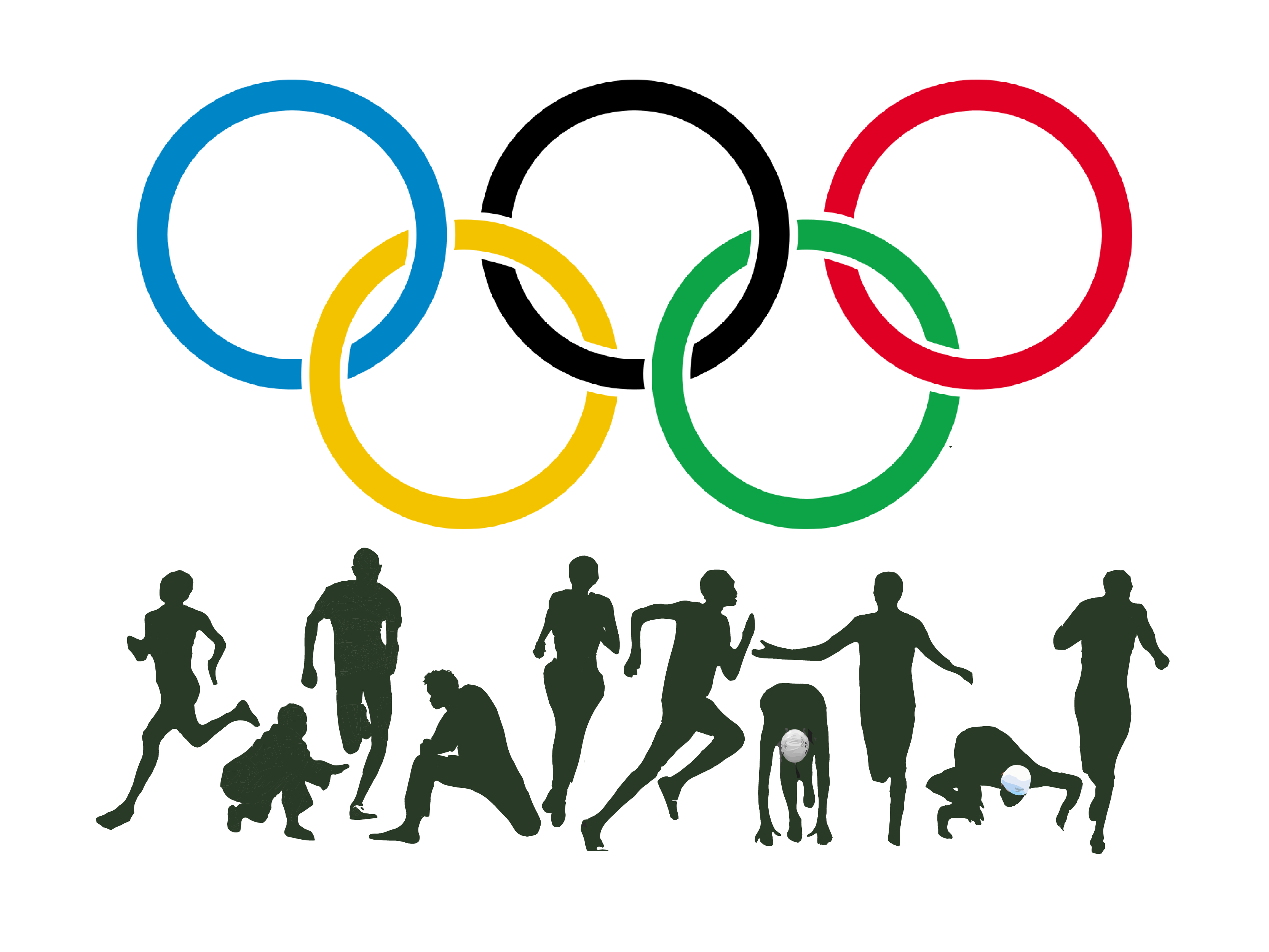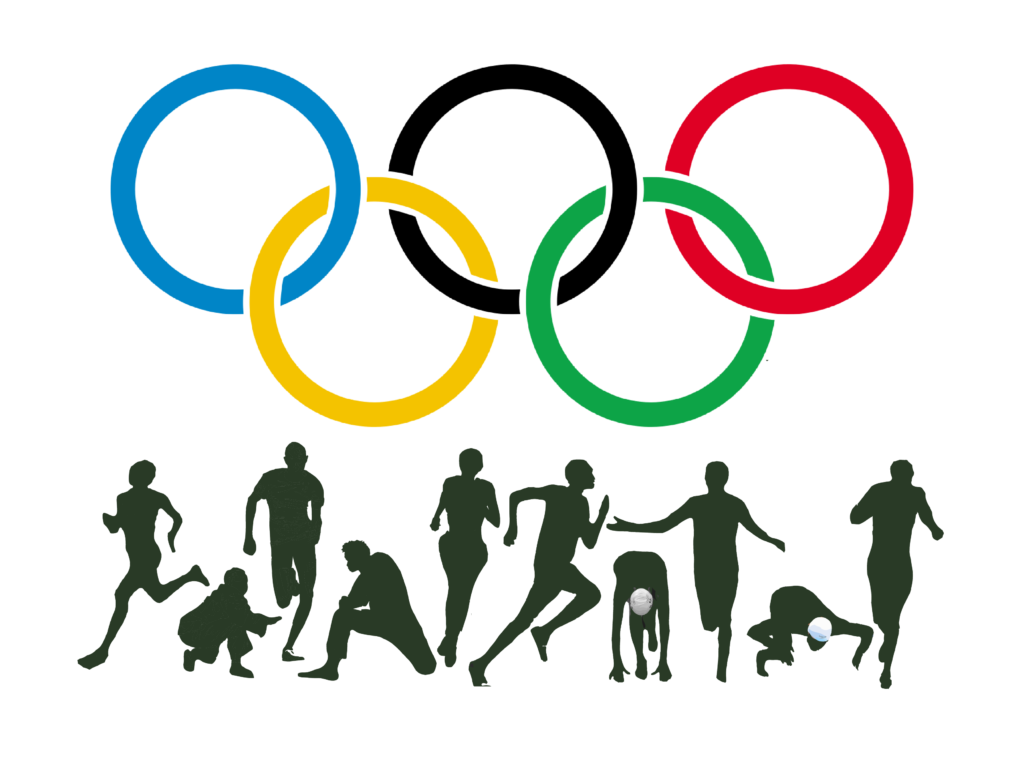The Olympics & Dignity for All
My father used to have an expression. He’d say, ‘Joey, a job is about a lot more than a paycheck. It’s about your dignity. It’s about respect. It’s about your place in your community’ – Joe Biden
Every four years, since I was a young girl in the South Bronx dreaming of grander things, I’ve looked forward to a major summer event. On the evening of August 5th, 2016, I sadly and joyfully cried as I pondered the indignities of life and the people that challenge those indignities. I watched a young man from the Dominican Republic named Luguelin Santos carry the flag of his country, ready to run as fast as he could in hopes of a gold medal when years back he had no shoes in which to run. He overcame the indignity of knowing he could run faster than many others, yet had no hard sole with which to touch the pavement. I was reminded of a beautiful Iranian film by Majid Majidi called Children of Heaven. A little boy wanted nothing more than to come in second place in a race in order to win a pair of shoes for his sister. When I saw that film I could not sleep for days thinking about the indignities so many children must live through. I knew I always wanted to do something with my life that unabashedly addressed basic concerns surrounding human dignity. This little girl’s dream came true as she dove headfirst into the healthcare field, eventually arriving at UMMA community clinic, an environment where the core guiding value is that of dignity.

Ten all-star athletes united in not having a country to represent, banded together for the 2016 Rio Olympics, to inspire fellow refugees and the world.
On August 5th, I watched a group of ten people, without a country, enter a wildly cheering stadium, eager to do what they did best despite their precarious life circumstances. In that group of ten was Syrian swimmer Yusra Mardini who had already accomplished much in life despite living with no country to her name. She had managed to save 20 people after jumping off their sinking dinghy into the Aegean Sea and pushing their boat to land. On August 5th, she made it to the Maracanã Stadium where there was a refugee team at the Olympics, a team representing those who had defied the odds and had fought back against the debasement of human dignity as they had been stripped of their nation, their flag and their anthem. Yet. On August 5th they had a team, the support of the world and a dream that had a decent chance of becoming reality. That is dignity.
Dignity. Why is it so hard for so many to understand this is a core component of the human experience? Or that it should be. As we strive for healthcare equity and the provision of services to those who may have nowhere else to turn, we need to always keep in mind that we are not just treating diseases. We are treating people with complex histories, difficult environments, and people who are striving for the same level of human dignity across many aspects of their lives. A healthcare visit needs to be more than getting vitals measured and talking about one’s symptoms. Visiting a doctor should occur in what is a healing environment, one in which the patient feels honored, respected and included. A patient’s comfort and dignity is just as much about being treated as a human being with thoughts, opinions and needs as it is about clinical care. Patient and provider communication is at the crux of being treated with dignity.
Far too often, those of us engaged in community health, although well-intentioned, tend to have a laser focus on health, while the idea of “community” is what occurs outside the four walls of the clinic. We may feel like we try our best at what we can do. This is like putting a small bandage on a serious wound. It doesn’t stop the bleeding, it simply forestalls the immediate consequences. Emergency triage and treatment are important, but they obscure our greater mission, that is, to preserve both the health and the dignity of the people we serve. When health disparities have systemic origins, when entire communities are marginalized, and when we face the realities that the people we see today are likely to return tomorrow as we only managed to address the proximate symptoms of the larger problem, the good we have accomplished is temporary and fleeting. Thus, when the individual arrives at our door, we must not only treat them as a “case” to be managed, but as a human that deserves our compassion, our empathy, and our respect. We must strive to understand the locus of the person, their community, and the larger culture that truly brought them to us in the first place. After we understand, we need to go out into the community and help it heal as a whole and assure that not only individuals, but also communities, be they the Olympic Refugee team or South Central Los Angeles, are provided with a dignified platform from which to rise. Those that have, must help spotlight the need for dignity for all. Raise your voice for those that cannot, but don’t neglect to help them raise their own voice.
Only by recognizing that we are not only people, but people within a larger community can we effect true long-term and sustainable health improvements. And the essence of such a perspective is to emphasize our common humanity, thereby recognizing that we all deserve the psychological, social, and cultural benefit of being treated with dignity. Dignity heals as much as any medicine. Dignity is not negotiable. It should be an inalienable right, from politics to healthcare. Otherwise we are simply patching our common wounds. As Jacqueline Novogratz said, “When we deny the poor and the vulnerable their own human dignity and capacity for freedom and choice, it becomes self-denial. It becomes a denial of both our collective and individual dignity, at all levels of society. “

